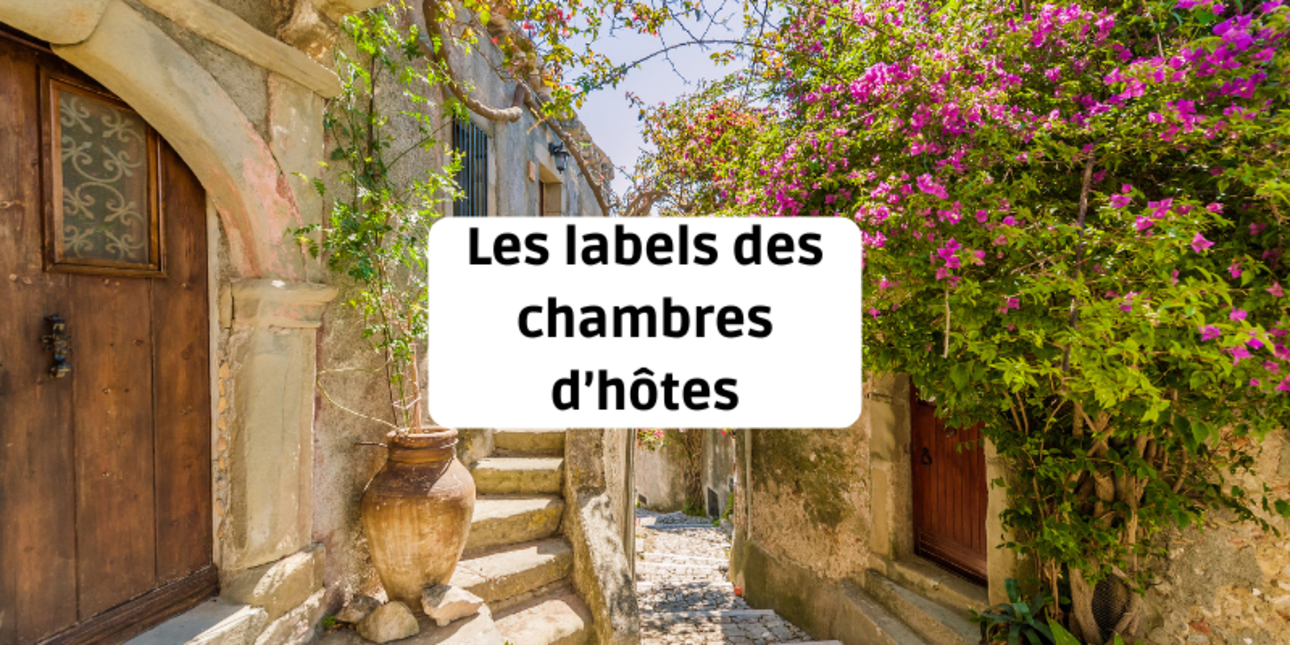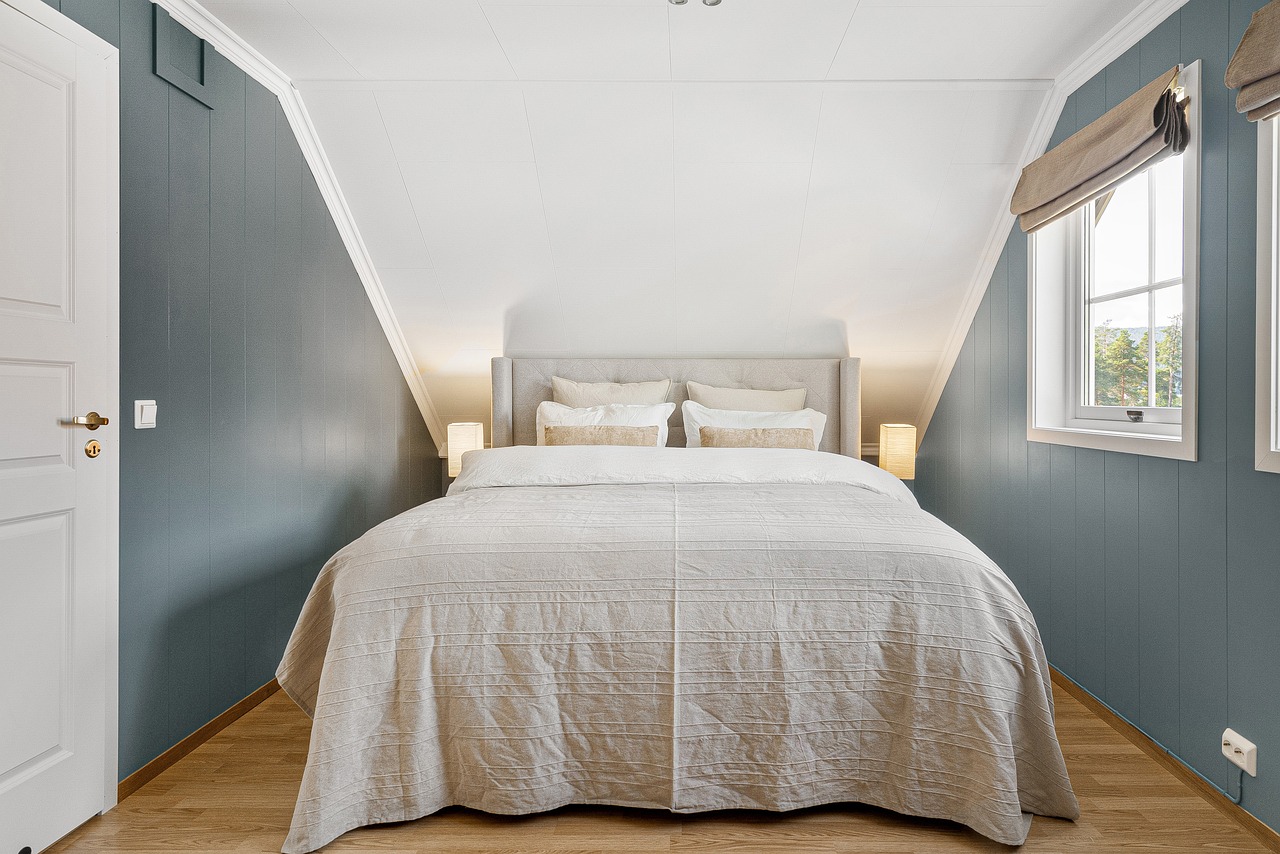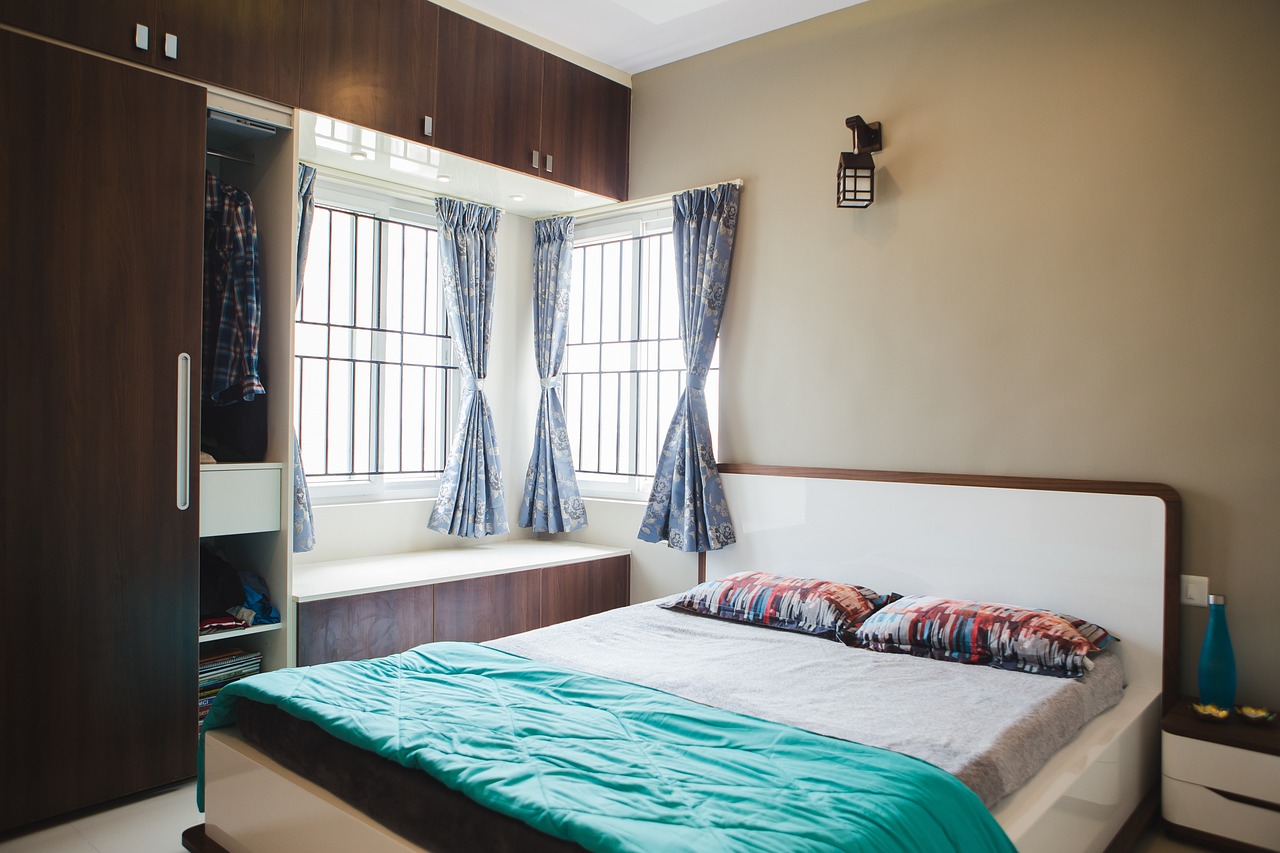
The bed and breakfast have become an increasingly popular accommodation option for travellers looking for authenticity and conviviality. To guarantee the quality of these establishments and reassure customers, numerous labels have emerged. In this article, we'll explore the different B&B labels, their benefits, and how they can influence your choice of accommodation.
Joining a label for bed and breakfast is not compulsory, but it offers a number of significant advantages:

Cowever, joining a label also has its drawbacks:
Gîtes de France is one of the best-known and oldest labels. It has several sub-labels, such as Charmance for bed and breakfasts and Ecogîtes for eco-friendly accommodation. Rooms are classified from 1 to 5 "épis" according to the comfort and services offered.
Clévacances is another major label, offering a classification of 1 to 5 keys. This label focuses on the quality of accommodation and services, and also offers options for eco-friendly accommodation with the Clévacances Environnement sub-label.
This label is intended for guest rooms located on farms. It promotes authenticity and contact with nature. Accredited accommodation must meet strict criteria in terms of sustainable agriculture and respect for the environment.
Fleurs de Soleil is a label that focuses on quality of welcome and conviviality. Bed and breakfasts with the label must offer a warm, personalised service, with particular attention paid to detail and decoration.
The European Ecolabel is an environmental label that certifies accommodation that meets strict ecological criteria. It is ideal for B&Bs wishing to highlight their commitment to sustainable development.
Before choosing a label, it's important to clearly define your needs and objectives. Do you want to highlight the ecological aspect of your accommodation? Is the quality of the welcome your priority? These questions will help you to make the right choice.
Each label has its own criteria and requirements. So it's essential to compare them to find the one that best suits your establishment. Consider the following aspects:
Don't hesitate to consult the opinions of other owners of approved bed and breakfasts. Their feedback can give you a clearer idea of the advantages and disadvantages of each label.
Choosing a label for your bed and breakfast is an important decision that can greatly influence the visibility and credibility of your establishment. Each label has its own specific features, advantages and disadvantages. So it's crucial to analyse your needs carefully and compare the different criteria before making your choice. Ultimately, the right label is the one that best matches your vision and objectives for your B&B.
1. How profitable is a bed and breakfast?
2. Formalities for opening guest rooms
3. How do you set up a guest house?
4. What budget do you need to open a bed and breakfast?
5. Taxation of bed and breakfast establishments
6. What status should guest rooms have?
7. What licence is required for a chambre d'hôte?
8. What services are available for chambres d'hôtes?
9. How do I choose a bed and breakfast platform?
10. Operating guest rooms as a company
11. Furnishing and decorating a guest room
12. Classification of guest rooms
13. What is the ideal number of rooms for a bed and breakfast business?
14. Is it profitable to offer table d'hôte as well as chambres d'hôtes?
15. How do you communicate effectively for a bed and breakfast?